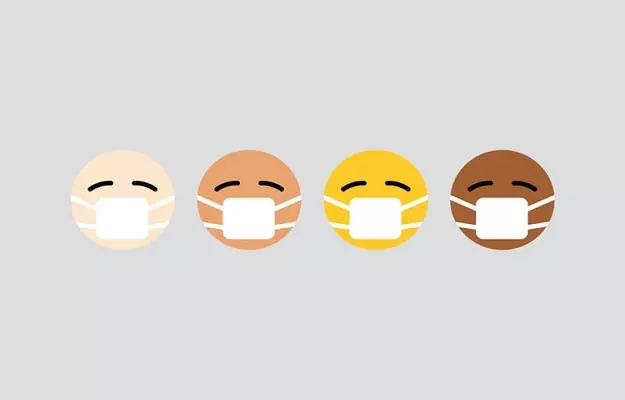With the world going through a global COVID-19 pandemic, anxiety and fear have become as normal as the words social distancing and quarantine. While the medical and scientific community is doing its best to overcome the spread of this coronavirus infection, the fact is that since this is a new strain of virus (SARS-CoV-2), in-depth research into it is required to develop cures, vaccines and recovery protocols on a global scale.
This research is going to take some time, like all research does. In the meantime, the rest of the world has to be vigilant, take all the precautions needed and preventive measures recommended. These steps can help stop the spread of the disease, while giving the medical community a fighting chance and increase the recovery rates of patients suffering from COVID-19 worldwide.
However, with some recovered patients relapsing - especially in China and Japan - panic regarding COVID-19 has increased. These cases of relapse are getting people worried that the entire process of testing positive, quarantine, hospitalisation and recovery will have to be repeated again, or that it’ll be futile in the face of a virus that refuses to go away for good.
Although it’s quite natural to experience this type of anxiety about relapses, it’s very important to remember that there have been - as of March 2020 - very few cases of relapses. Scientists in general do believe that once you have recovered from the COVID-19 infection, your body would have created antibodies that protect you from getting the infection again. Relapses are likely to occur only if the antibodies were not automatically created - which can happen if you’re older, or have an underlying condition that compromises your immune system.
Read more: COVID-19 prevention tips for older people and those living with chronic diseases




























